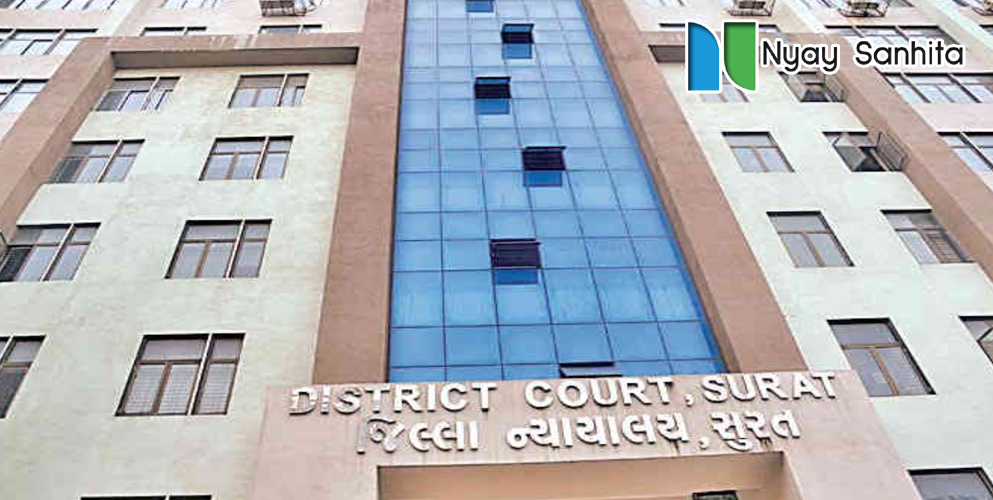
Introduction:
In the legal realm of Gujarat, a significant judgment has emerged in Criminal Regular Bail Application No. 440/2023, involving a minor petitioner, Akshay Naharsinh Rajput filed his bail application thought Advocate Krushalkumar Sheladiya. The case revolves around alleged violations of Sections 8(c), 22(c), and 29 of the Narcotic Drugs and Psychotropic Substances (NDPS) Act, culminating in an insightful judicial analysis.
Background:
The petitioner has been in judicial custody since the initiation of the case, coupled with a grant of police custody. The charges stem from the possession of 13.080 grams of a substance, falling under the purview of Section-37 of the NDPS Act. The legal saga unfolds with the arrest of the petitioner on November 2, 2022, and subsequent proceedings in NDPS Case No. 86/2022.
Legal Landscape:
The court acknowledges the filing of a charge sheet in the ongoing trial, and the petitioner’s plea for bail is contextualized within the completed investigation. The petitioner asserts a clean record and no criminal history, emphasizing the culmination of the investigative process.
Judicial Deliberation:
In a nuanced analysis, the court deliberates on the plea for bail, considering the nature of the charges, the petitioner’s background, and the progress of the trial. The judgment recognizes the petitioner’s status as a minor, adding an additional layer of complexity to the legal discourse.
Conditional Bail Grant:
After careful consideration and arguments of Advocate K D Sheladiya, the court grants bail to Akshay Naharsinh Rajput. However, this bail comes with stringent conditions aimed at ensuring the petitioner’s adherence to legal protocols and preventing potential tampering with evidence.
- Passport Deposit: The court mandates the deposit of the petitioner’s passport, if applicable, as a precautionary measure. Alternatively, the petitioner is directed to submit an affidavit confirming the absence of a passport.
- Residential Address Declaration: Another crucial condition involves the petitioner declaring a complete residential address, supported by documentary evidence of permanent residence. Any alteration to this address requires prior court permission.
- Witness Tampering Prohibition: To safeguard the integrity of the trial, the court expressly prohibits the petitioner from inducing or enticing any prosecution witness or tampering with evidence, either personally or through intermediaries.
- Bail Amount and State Departure: A bail amount of Rs. 25,000 is imposed on the petitioner. Additionally, any intention to leave the state of Gujarat necessitates prior court permission, adding a layer of oversight to the petitioner’s movements.
Conclusion:
In conclusion, the judgment in Criminal Regular Bail Application No. 440/2023 is a testament to the intricacies of the legal system. The court’s considerations encompass the petitioner’s minor status, the progress of the trial, and the need to balance justice with precautionary measures. As the legal proceedings unfold, this case serves as a valuable exploration of the intersection between individual rights and societal interests within the framework of criminal law.
Citation Code: 2023 NyaySanhita (SuratDC) 101
Case Title: Akshay Naharsinh Rajput vs State of Gujarat
Advocate: K D Sheladiya for the Petitioner
and J N Pardiwala for the Respondent
Akshay-Naharsinh-Rajput-vs-State-of-Gujarat-2023-NyaySanhita-SuratDC-101